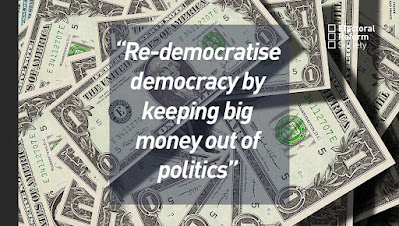Why Are We so Sick?

This may help explain why we are so sick. BUY NOW! The Shopping Conspiracy is a documentary on Netflix and YouTube and we encourage everyone to watch it. The garbage we've been filtering through our bodies and ultimately dumping into our oceans and landfills is finally catching up with us. Eventually, after a few trips through treatment facilities, this will be drinking water We generate approximately 400 million tonnes of plastic waste each year to keep up with demand, 60% of which ends up in our oceans or landfills. The question Why Are We So Sick? is not just a rhetorical one but a pressing health inquiry that demands our attention. Recent studies have raised alarming concerns about the prevalence of microplastics in our drinking water and human tissues , including our hearts , brains , and even reproductive organs . The implications are still unclear, leaving doctors and scientists grappling with the potential health threats lurking bene...


.jpg)


